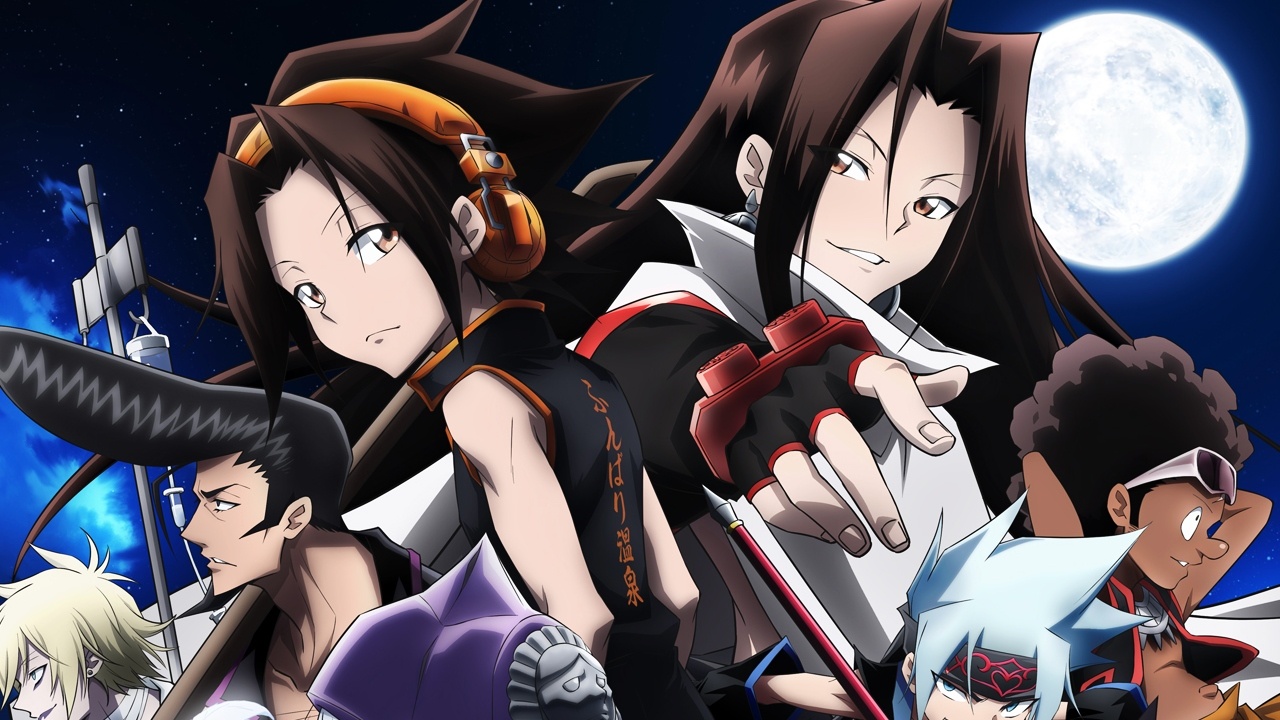Yuei Grade 1-A struggles to express their feelings. The boys didn’t give up and decided on the final chapters of My hero academy. After a long absence, they reappeared as protagonists in Kohei Horikoshi’s manga.
It wasn’t easy, however Uraraka, Bakugo and the others have Deku. achieved to meet him under the statue of All Might. The guys started fighting the protagonist of My Hero Academia, using all their skills to block him. For now, they have managed to prevent him from escaping and to convey their feelings to the boy, starting with Koda and ending with Asui in the first phase.
However, in My Hero Academia 321 it was the turn of the remaining boys and one of them was Minoru Mineta, the boy who was always caricatured by Kohei Horikoshi and who is known as a pervert. Always ready to spy on girls there The official translation of MangaPlus has sparked a discussion about the character’s true sexual orientation.
The translation chosen by MangaPlus is “I fell in love with you”, which can very often be translated as “I fell in love with you”. This sparked a flurry of comments on Twitter, the made Mineta a trend for her queer sexuality. But is the translation correct? As Aitaikimochi explains, the term used in Japanese is not a simple admiration, but a much deeper feeling. However, as he explains in subsequent tweets, the term can be used platonically and must be read in context.
Of course, this neither confirms nor adequately explains what Kohei Horikoshi’s intentions are for the character Mineta, who could be as straight as she is bisexual.
Note that this does not mean that Mineta is actually “in love” with Deku, but the boy he adored is not himself right now. You can take it the platonic way too if you want. The word 惚 れ る (expire) is not the same as 憧 れ る (admire), but it can be used to show deep respect
– ☆ オ ー ド リ ー Audrey ☆ (@aitaikimochi) August 2, 2021







Leave a Comment